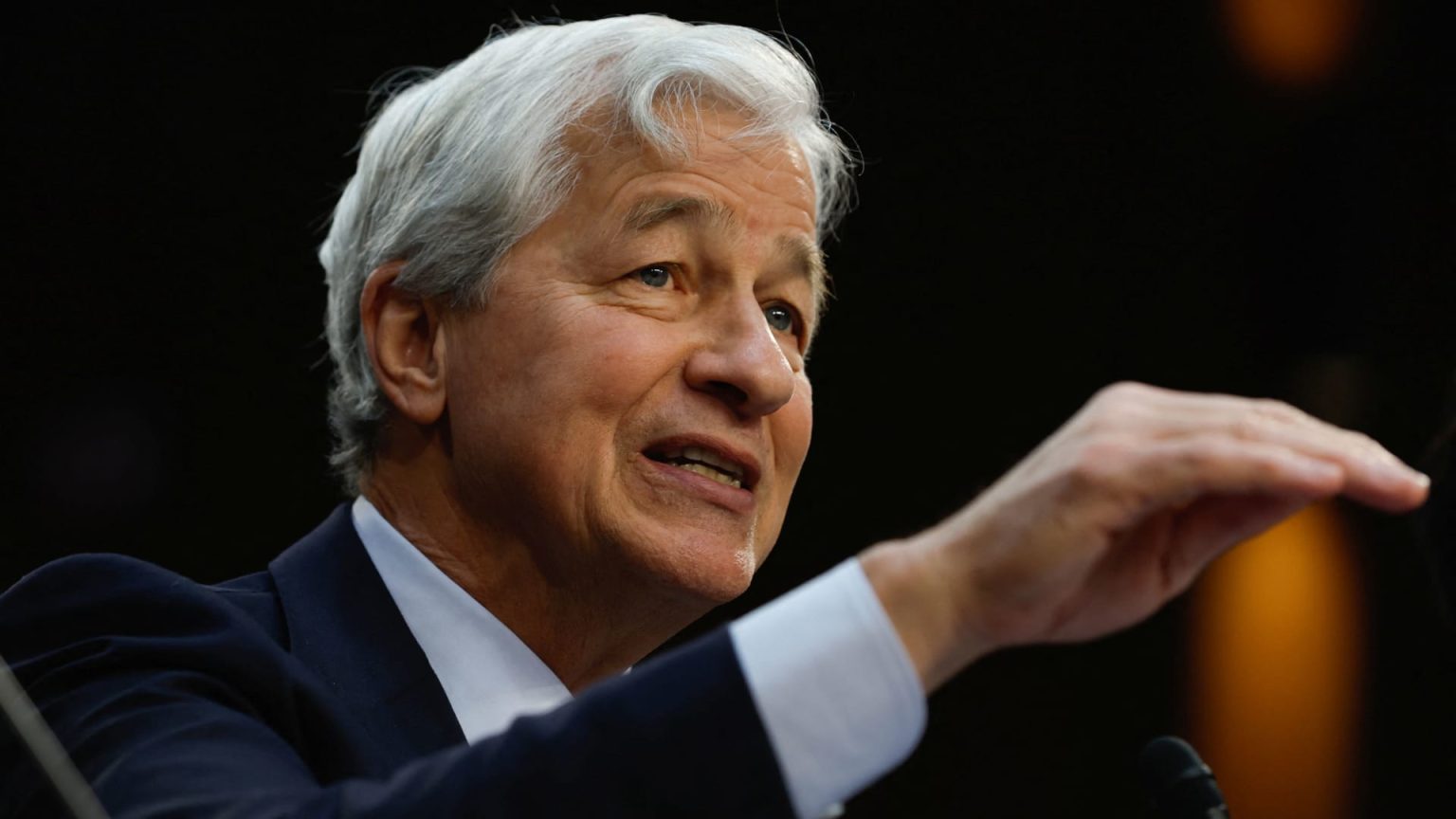A Russian court recently ruled in favor of state-run lender VTB Bank in a case where they sought to recoup $439.5 million from JPMorgan Chase, which the American bank had frozen in U.S. accounts after the invasion of Ukraine. The court ordered the seizure of funds in JPMorgan’s Russian accounts, as well as their stake in a Russian subsidiary, as part of the effort to reclaim the frozen funds. This legal battle began when VTB filed a lawsuit against JPMorgan in a St. Petersburg arbitration court, seeking to recover the funds frozen in the U.S. and asking for relief due to JPMorgan’s plans to exit Russia. The next hearing in this case is scheduled for July 17, and both JPMorgan and VTB declined to comment on the situation.
This incident highlights the dilemma faced by American banks like JPMorgan, as they navigate the demands of Western sanctions and international business interests. JPMorgan, led by CEO Jamie Dimon, is the largest U.S. bank by assets, and has found itself caught in the crossfire between geopolitical tensions and financial repercussions. As the Biden administration continues to implement sanctions and restrictions aimed at weakening Russia’s military capabilities, financial institutions like JPMorgan are increasingly at risk of losses due to compliance with these regulations. The recently signed foreign aid bill grants U.S. officials additional powers to locate and seize Russian assets in the country, further complicating the situation for American banks.
In response to VTB’s legal action in Russia, JPMorgan initiated its own lawsuit against the Russian bank in the Southern District of New York, seeking to block VTB’s efforts to reclaim the $439.5 million frozen in U.S. accounts. JPMorgan argued that U.S. law prohibits them from releasing these funds to VTB, leaving them vulnerable to significant financial losses. The American bank accused VTB of violating their contractual agreement to seek relief in American courts, opting instead for a more favorable legal environment in Russia. JPMorgan claimed that Russian courts have enabled similar actions by Russian lenders against American and European banks in the past, posing a threat of “certain and irreparable harm” to JPMorgan in this case.
This legal dispute between VTB and JPMorgan underscores the complexities and challenges faced by multinational banks operating in a politically charged global environment. As the conflict between Russia and Ukraine continues to escalate, financial institutions are increasingly under pressure to comply with international sanctions and restrictions, risking significant financial losses in the process. JPMorgan’s involvement in this case highlights the delicate balance that banks must strike between legal obligations, geopolitical considerations, and financial interests, as they navigate the ever-changing landscape of international relations and economic sanctions. The outcome of this legal battle could have far-reaching implications for both VTB and JPMorgan, as well as other banks facing similar challenges in the current global climate.
As the legal proceedings unfold in both Russia and the United States, the fate of the $439.5 million frozen by JPMorgan remains uncertain, with potential ramifications for the future relations between the two banks and the broader implications for the international banking sector. JPMorgan’s efforts to block VTB’s attempt to reclaim the frozen funds highlight the complex legal and financial issues at stake in this case, as well as the broader challenges faced by banks operating in highly regulated and politically charged environments. The outcome of this legal battle could have significant implications for the future of financial institutions caught between conflicting legal obligations and geopolitical considerations, as they seek to navigate the complexities of international banking and compliance with global sanctions regimes.


